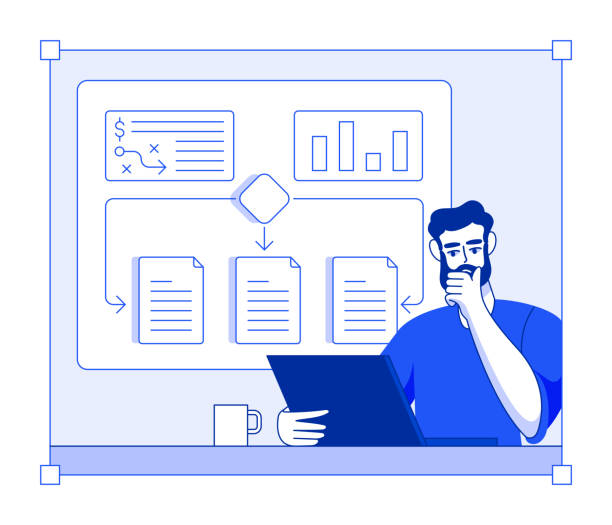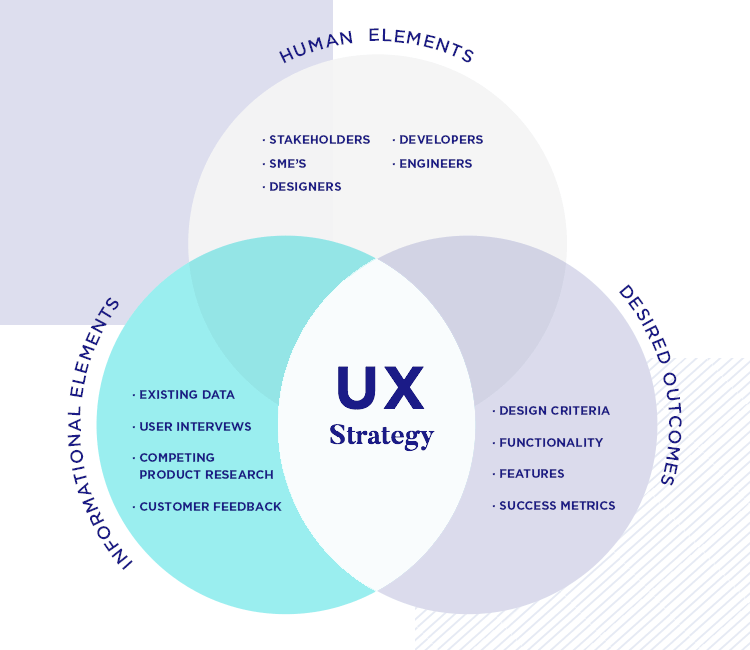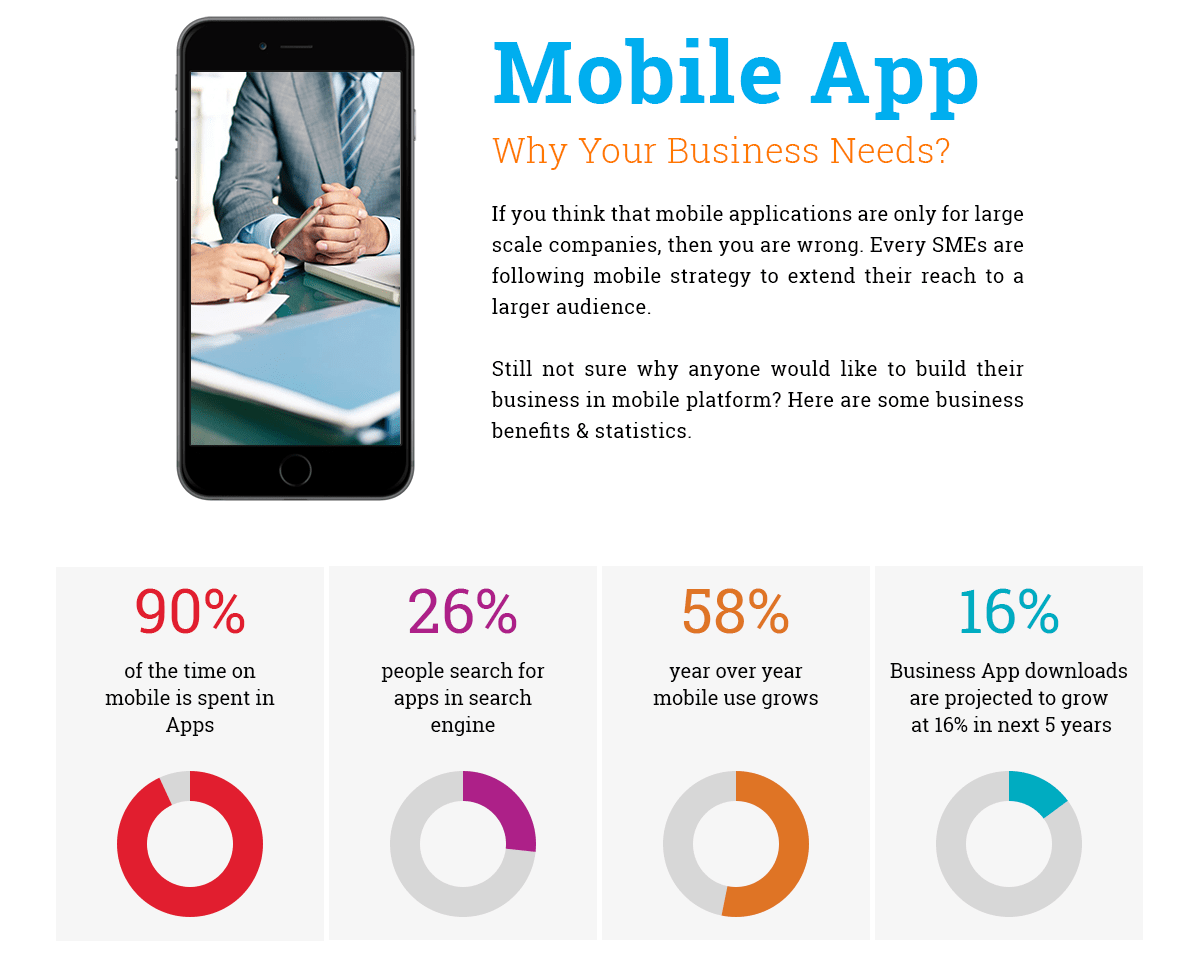In today’s fast-paced business environment businesses strive to improve efficiency reduce costs and optimize workflows. Business Process Automation Services (BPA) have emerged as a game-changer enabling companies to streamline their operations and focus on strategic growth. Whether you are a startup or a large corporation automation can redefine how your business operates. This guide dives deep into the key aspects of BPA services the benefits they offer potential drawbacks and how they can transform your organization.
What Are Business Process Automation Services?
Business Process Automation involves the use of technology-driven tools and solutions to automate repetitive tasks enhance process accuracy and improve overall efficiency. It replaces manual workflows with digital processes ensuring that resources are utilized effectively.
Examples of automated processes include:
- Payroll management
- Invoice generation and approval
- Employee onboarding
- Customer support ticketing systems
By reducing manual intervention businesses can focus on core activities and reduce the risk of human errors.
Why Do Businesses Need Automation?
Organizations often face challenges like redundant processes and limited visibility into operations. BPA addresses these issues by:
- Reducing operational costs
- Enhancing process accuracy
- Improving compliance with industry standards
- Increasing employee productivity and morale
Tamer Badr owner of Singleclic shares “Automation is not just a tool it’s an investment in the scalability and sustainability of your business operations.”
Key Services in Business Process Automation
Business Process Automation services come in various forms catering to diverse business needs. Let’s explore some common BPA services:
1. Robotic Process Automation (RPA)
RPA involves the use of bots to perform repetitive and rule-based tasks such as data entry and report generation.
Benefits:
- Saves time
- Reduces manual errors
- Operates 24/7
Drawbacks:
- Initial setup costs can be high
- Requires continuous maintenance
2. Document Workflow Automation
This service digitizes document management processes enabling companies to store retrieve and share information efficiently.
Benefits:
- Paperless operations
- Faster approvals
- Improved accessibility
Drawbacks:
- May face resistance from employees accustomed to traditional methods
- Potential data migration challenges

3. Customer Relationship Management (CRM) Automation
CRM automation helps manage customer interactions by automating sales pipelines and marketing campaigns.
Benefits:
- Enhanced customer satisfaction
- Data-driven insights
- Efficient lead tracking
Drawbacks:
- Customization may require expertise
- Risk of data breaches if not secured properly
People Are Always Asking
Is BPA Only for Large Businesses?
No BPA is scalable and can be customized for small and medium-sized businesses as well. Startups can leverage these services to gain a competitive edge without investing heavily in large teams.
Does Automation Eliminate Jobs?
While some roles may evolve automation creates opportunities for employees to focus on strategic and creative tasks enhancing job satisfaction.
How Quickly Can Businesses See Results?
Depending on the complexity of the process results from BPA can often be observed within months as workflows become more streamlined and efficient.
The Future of Automation
The demand for BPA services is expected to rise with advancements in artificial intelligence (AI) and machine learning (ML). These technologies can analyze data and make decisions reducing the need for manual supervision.
Tamer Badr emphasizes “As AI integrates into BPA the potential for efficiency and innovation will redefine how businesses operate globally.”
Pros and Cons of Business Process Automation Services
To make an informed decision businesses must weigh the pros and cons:
Pros:
- Cost Efficiency: Reduces reliance on manual labor
- Accuracy: Minimizes errors in repetitive tasks
- Scalability: Adapts to business growth
- Enhanced Compliance: Automates adherence to legal and regulatory requirements
Cons:
- Implementation Costs: Initial investment can be significant
- Resistance to Change: Employees may need time to adapt
- Cybersecurity Risks: Automation platforms must be secure to avoid data breaches
FAQs About Business Process Automation
- What industries benefit most from BPA? Industries like healthcare retail manufacturing and finance leverage BPA to optimize operations.
- Can BPA work with existing systems? Yes BPA can be integrated with existing systems through APIs or middleware solutions.
- What is the cost of BPA services? Costs vary based on the complexity and scale of automation required. Most providers offer customizable pricing models.
- Is training required for employees? Yes training is often essential to ensure a smooth transition and effective use of BPA tools.
Customer Reviews on Business Process Automation
Positive Reviews:
- “Our team has been able to focus on strategic initiatives instead of manual data entry since adopting BPA.” – James Walker CEO of TechCorp
- “Automation improved our invoice approval process reducing delays by 80%.” – Priya Mehta CFO of FinFlow
Constructive Reviews:
- “The implementation phase was longer than expected but the results have been worth it.” – Laura Kim Operations Manager of GreenLeaf
How Singleclic Stands Out in Business Process Automation
Singleclic specializes in offering tailored BPA solutions to meet the unique requirements of your business. Their dedicated team of experts ensures a seamless implementation process from consultation to deployment.
For more insights visit the Business Process Automation Service.
Tamer Badr reiterates “Our mission is to empower businesses by simplifying complex processes making innovation accessible to everyone.”
Business Process Automation Services are not just about technology—they’re about transforming how businesses operate and grow. With the right approach and guidance from experts like Singleclic your organization can unlock its true potential.










